Case 1: Parental Education
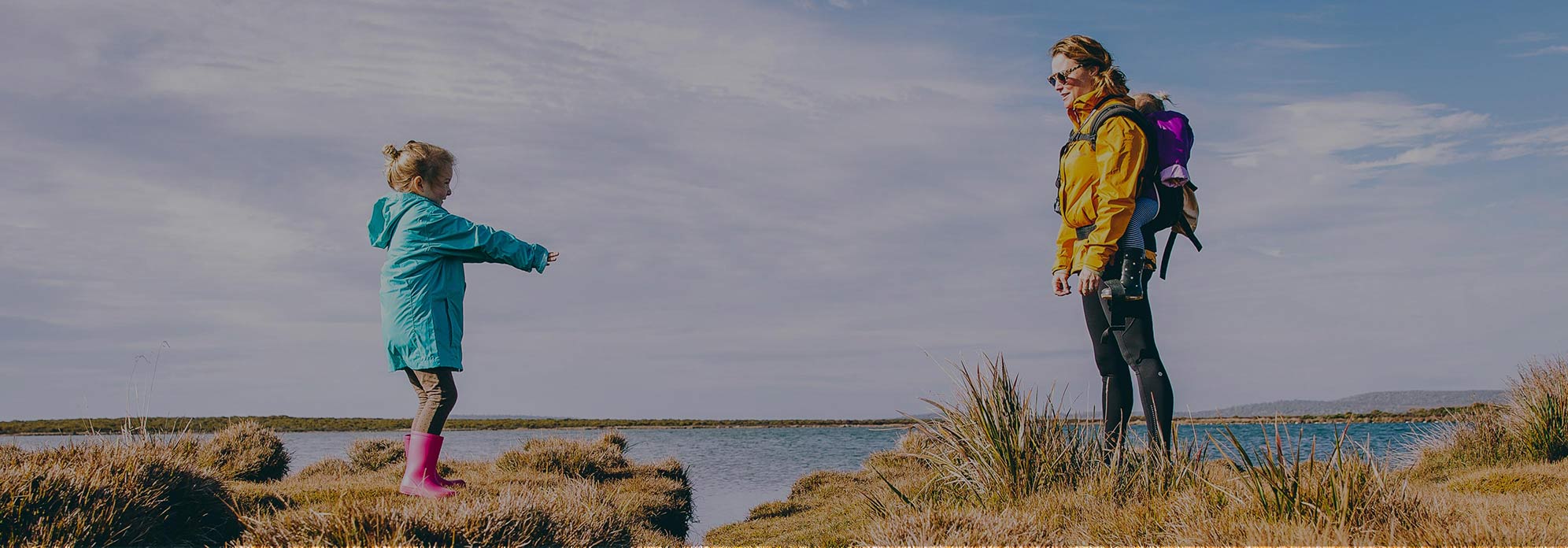
Summary
- Course: Parental Education
- My role: Product manager and Edu course Designer
- Company: FazaRosta, educational marketplace on Russian speaking market
- Target audience: parents with kids, 5 to 11 y.o. living in CIS countries
- Course duration: 1 month with 3 lessons per week
- Experts: 4 psychologists demonstrating 3 most spreaded parental role models and 10 experts to validate the program
- Webinars: 3 online Q&As with cases to analyse
- Lesson: video + tests + task for parent + practice with kid + article (optional)
Project timeline
Stage 1. Research
- Length: 2 weeks
- Result: program draft + list of experts
Each research on my experience starts from the target audience (TA) portrait forming; after I organized focus groups or peer-to-peer interviews with these TA presenters. I do facilitate focus groups as well as analyze the info collected. In result, we have pains and gains to build on and cover it through the learning course. It is a draft program with aims for each module and base of specialists to teach and share the knowledge.
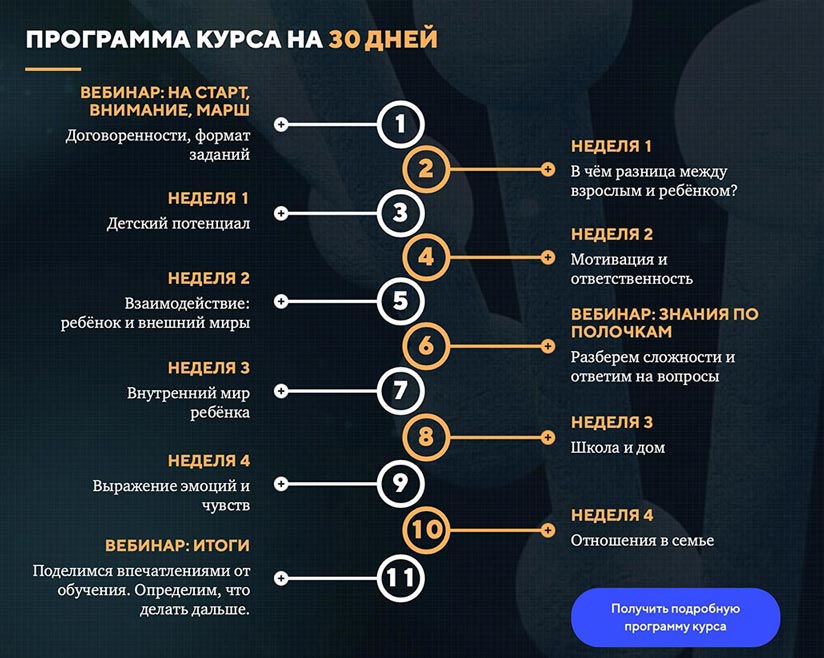
Stage 2. Content creation
- Length: 6 weeks
- Result: final program and experts
This stage is dedicated to working with the experts base. In this topic I have split them into several groups: mature parents with experience, family psychologists and psychologists who work with kids and teens. Intense of this time period is about a variety of calls to prove or disprove my hypothesis, turning it into a final course outline to start the marketing campaign and selling. Here are the main experts I have chosen for our course.
This stage is also essential when it comes to budget coordination. So, I have formed the budget as a product manager and pictured the business model draft for this course. It is revealed profitable if we start teaching the first group even with 30 students with the average check of $250. Obviously, to make the profit higher, we needed more students. So, we put the aim of having 100 students in a first learning flow.
Content making is one of the third points on this stage. It should be done simultaneously with the processes mentioned before. It includes course outline, scripts for the edu video, tasks, tests and intro texts for each of the modules. Worksheets I have developed with experts using lots of international sources and adopted on the TA. Video we made with the production based on the budget (remember, we tried to make a kind of working MVP!!!). Animation, dialogues, intro and sum ups, logics and tasks — all in edu video we made for this online course.
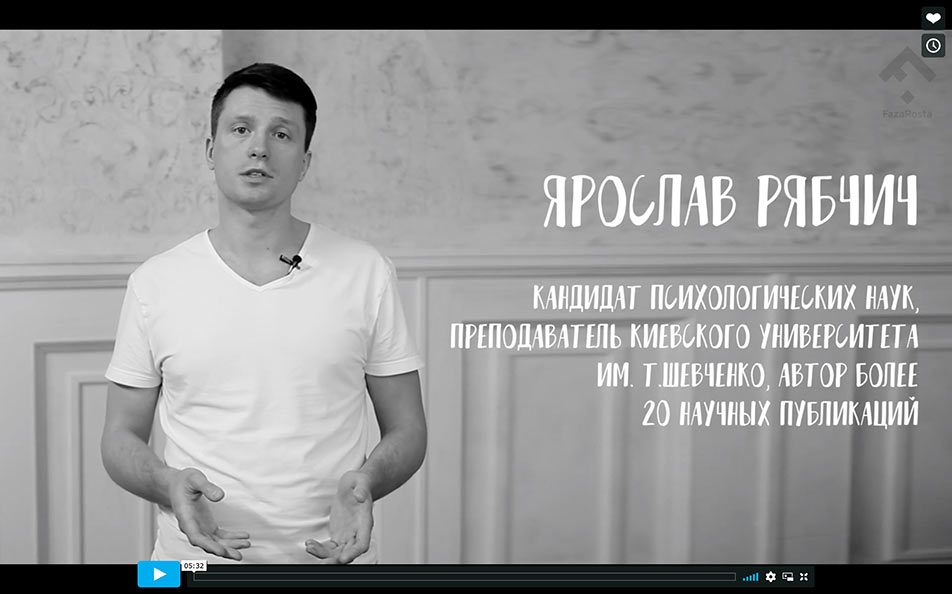
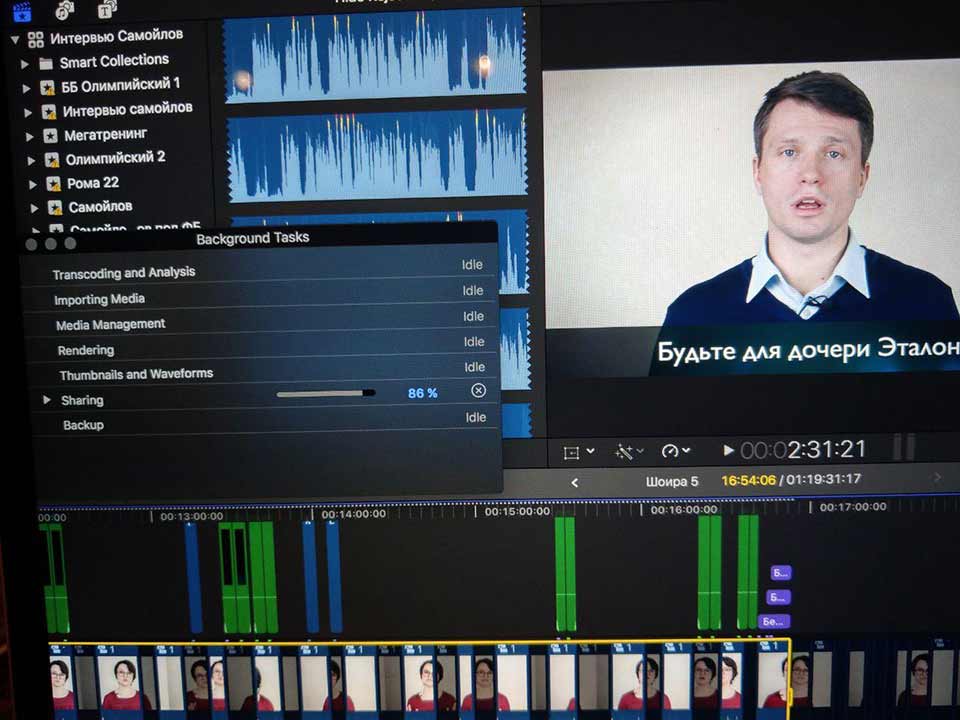
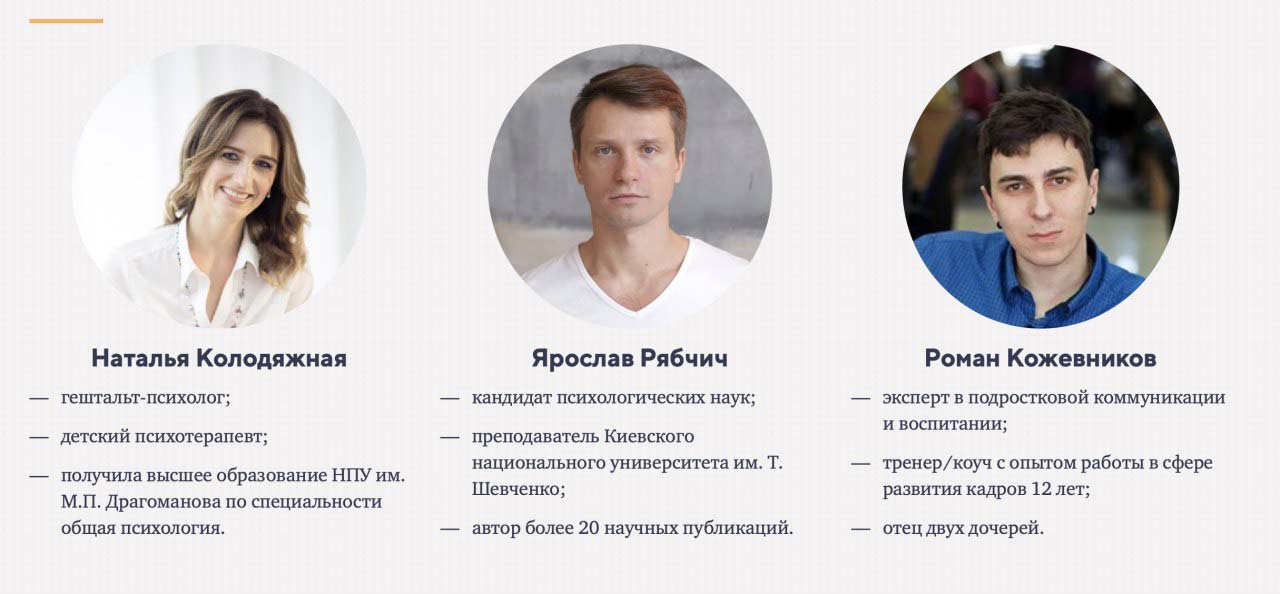
Stage 3. Marketing campaign
- Length: 4 weeks
- Result: Content plan for SMM + 5 articles published
In FazaRosta there were two departments with 3-4 specialists working on parental education only. So, when I finalised everything I formed them technical tasks (TT) to work with basing on the research I’ve made. Also, when I was at the stage 2, I organised a meeting with copywriters to make the intro to the topic they will soon work on and advised them to read books and articles to dig into the problem the course is about to solve.
I worked with the digital marketers through the CMO and sometimes we brainstormed all together on finding catchy phrases, links, pictures to use in campaigns. I was integrated everywhere because I was the final responsible person for it. Each and every change was also figured out and coordinated with me. We worked all together in Basecamp — team management tool.

Stage 4. Free webinars to boost sales
- Length: 2 weeks
- Result: 6 webinars
Webinars were the part of the entire sales funnel and helped to boost the sales better. We started the selling process one month in advance before the course starts. We began with a set of free webinars twice, from Tuesday to Thursday. At the very finish of each webinar listeners and watchers were told the info about the course and had a sale price if they booked it on the webinar day. After, we set one webinar per week and activate mailing using the entire base collected by these activities. I have controlled all the processes to be done in deadlines set. To make webinars effective I did next:
- made the landing page
- controlled the applications for the free selling webinars
- got the experts ready : scripts, scenario, presentation that are presented on the free webinars
- gave instructions to the support department in advance

Stage 5. Launch preparation
- Length: 3 days
- Result: manuals for support, students registered in LMS
After a customer bought the course, he or she was integrated into the LMS system, we called it for the students as a personal cabinet. Moreover, we added them to the telegram channel where the info on related topics were posted on schedule. So, it was a kind of warming up for people who wait and diversity spread for all participants esp. When it comes to people trying to do a lot to make relations with their children ecological and trustful.
Stage 6. Course launch
Most online courses are delivered in a VIDEO format. We used it too, nevertheless the popular format for FazaRosta is online webinars. I insisted on video to try and WORKSHEETS to include that, in my opinion, help students implement what they learned. In this case, parents are busy and the only time they can study — early mornings or late evenings. So before for the course launch we had this schedule: the short video is smth they could watch whenever they have 10-20 minutes so as the intro to each module I formed as the instruction to make the whole edu path integrated to parental life routine as a short tasks throughout the day: video in the morning, small practice with children at the breakfast, then podcast during the week, short reflection on it with the insights written by them on offline/online worksheets after, discussion on telegram from Tuesday to Thursday and finishing the week with the article and family team building activity with kids on weekends. Intensive education for 1 month, I guess.
This is how we presented the course and described it on the landing page. NPS was my general KPI for the entire project I made and equalled to 75%.
